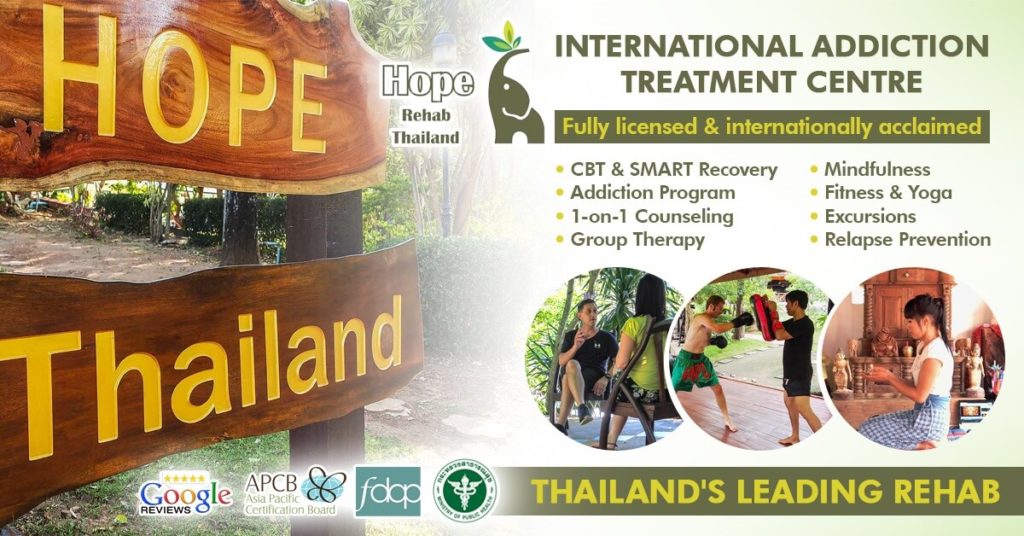상담문의입니다.
페이지 정보
작성자 Tomas
작성일 : 2023-12-17 02:32
작성일 : 2023-12-17 02:32
본문
메세지 내용
 Introduction:
Introduction:Marijuana, also called cannabis or weed, the most widely used illicit medicines globally. With a growing push for legalization in lot of countries, it is crucial to know the potential risks involving marijuana addiction. This report is designed to provide a comprehensive breakdown of cannabis addiction, highlighting its results on people and community.
 Marijuana Addiction: Definition and Prevalence:
Marijuana Addiction: Definition and Prevalence:Marijuana addiction, also known as cannabis make use of condition (CUD), is a disorder described as ones own compulsive cannabis consumption despite experiencing negative effects. According to the World Drug Report 2021 published by the United Nations workplace on medication and Crime, an estimated 5.7 million individuals global suffer with cannabis disorders. This staggering figure emphasizes the requirement to deal with this developing issue.
Emotional and Bodily Effects:
The psychoactive compound in marijuana, delta-9-tetrahydrocannabinol (THC), affects mental performance's reward system, resulting in addictive habits. Continuous marijuana usage can cause different emotional effects such impaired memory, reduced focus, and altered wisdom. Additionally, real impacts feature respiratory dilemmas, increased heartbeat, and potential lung damage from smoking.
Dependency and Withdrawal Symptoms:
Regular marijuana usage can result in dependency, with people experiencing detachment symptoms upon cessation. These signs may include irritability, anxiety, sleeplessness, loss in appetite, and intense cravings for cannabis. The severe nature and extent of detachment signs can vary depending on the degree of addiction and specific aspects.
Effect on Psychological State:
Marijuana addiction is usually linked to mental health issues. Research indicates an elevated risk of building emotional diseases like depression, anxiety, and psychosis among heavy marijuana users. Moreover, people with pre-existing mental health circumstances may experience worsened symptoms because of prolonged cannabis use, exacerbating their general well being.
Personal Ramifications:
Marijuana addiction not only impacts individuals but has wider social implications and. Prolonged cannabis usage can lead to impaired cognitive performance, impacting educational and occupational overall performance. Additionally, addiction can stress connections with friends, family members, and peers, leading to social isolation. It might probably also increase the possibilities of doing dangerous habits and criminal tasks, further impacting societal wellbeing.
Treatment and Intervention:
Treating cannabis addiction usually involves a mix of behavioral interventions, guidance, and support groups. Cognitive-behavioral treatment (CBT) is generally utilized to assist people recognize triggers, develop coping methods, and change addictive behaviors. Also, inspirational interviewing and community-based programs can offer valuable assistance during the healing up process.
Conclusion:
Marijuana addiction is a concerning issue that demands interest from health care providers, policymakers, and culture in general. It is crucial to acknowledge the potential risks of marijuana usage, especially the growth of addiction. Advertising general public understanding, rehab chiang mai (click here for more) very early intervention, and use of efficient treatment options are crucial tips in mitigating the bad consequences of marijuana addiction. Only by dealing with this dilemma comprehensively can we work towards a more healthful and much more well-informed society.
